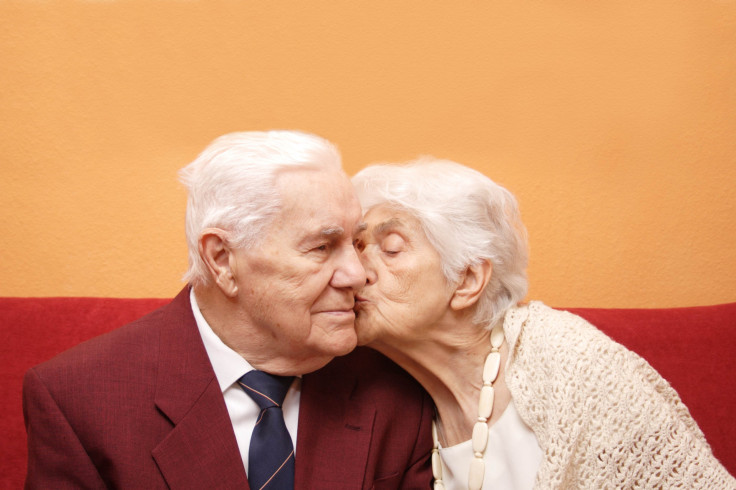Does Selfless Caregiving Make You Happier? Taking Care Of Sick Spouses Improves Women’s Well-Being

When you’re old and frail, it’s nice to have your life-long partner standing by your side to take care of you. But is caregiving itself beneficial to the caregivers? A new study has found that particularly among older women caring for ill husbands, happiness levels are higher if they do housework and chores for someone else rather than just themselves.
“A lot of studies have focused on the burden of caregiving, especially for women, so we expected to see worse well-being for wives caring for a husband,” Vicki Freedman, an author of the study, told Reuters Health. Instead, in a survey of middle-aged and older Americans, they found that women who cared for disabled husbands actually had increased well-being. Husbands, however, did not appear to have a greater sense of well-being when caring for ill wives.
The researchers used data from a 2009 phone survey that reviewed 400 married couples. The survey recorded how certain activities — categorized either as “chores” or tasks done to “care” for a spouse — affected happiness levels. The participants rated the activities based on how happy they felt after doing them.
The study found that women’s happiness levels actually increased by about one-third of a point (0.35) at average if they cared for a husband. This is a small difference, but it’s nearly the same as the boost in happiness that happens when people socialize casually, Freedman claims.
“What we found was surprising,” Freedman told Reuters. “[F]irst, that older women report greater happiness levels when providing care to their husbands than when carrying out the same kinds of tasks as chores — and second, that older women are no less happy when caring for their husbands than they are doing other kinds of activities.”
However, because the survey had only incorporated data from one day, the researchers are unable to make sweeping conclusions about whether caregiving is beneficial to overall happiness or mental health. Indeed, some studies have pointed to the very opposite.
According to the Family Caregiver Alliance, caregivers between the ages of 66 and 96 have a 63 percent higher chance of dying than people who aren’t caregivers. “The combination of loss, prolonged stress, the physical demands of caregiving, and the biological vulnerabilities that come with age place you at risk for significant health problems as well as an earlier death,” the Family Caregiver Alliance website reads. Meanwhile, even though caregivers are often under high levels of stress, they are less likely to maintain self-care and health. They’re more likely to be sleep-deprived, and have poor eating habits. They also may not have enough time to exercise, as they are always putting someone else in front of their own needs. This often leads to depression or substance abuse among caregivers. Caregivers themselves need support and assistance to manage their stress and mental health.
So where may this small uptick in well-being be coming from? The study conducted by Freedman and her research team — though it needs more evidence to back it up — points to the notion that there is joy to be found in caring for someone else. Perhaps simply the thought of doing something selfless completely overrides any general disdain for doing chores like cleaning or shopping. “Findings underscore that there are positive aspects of spousal caregiving for older wives that offset the innately unpleasant nature of household tasks,” the authors of the study write.



























